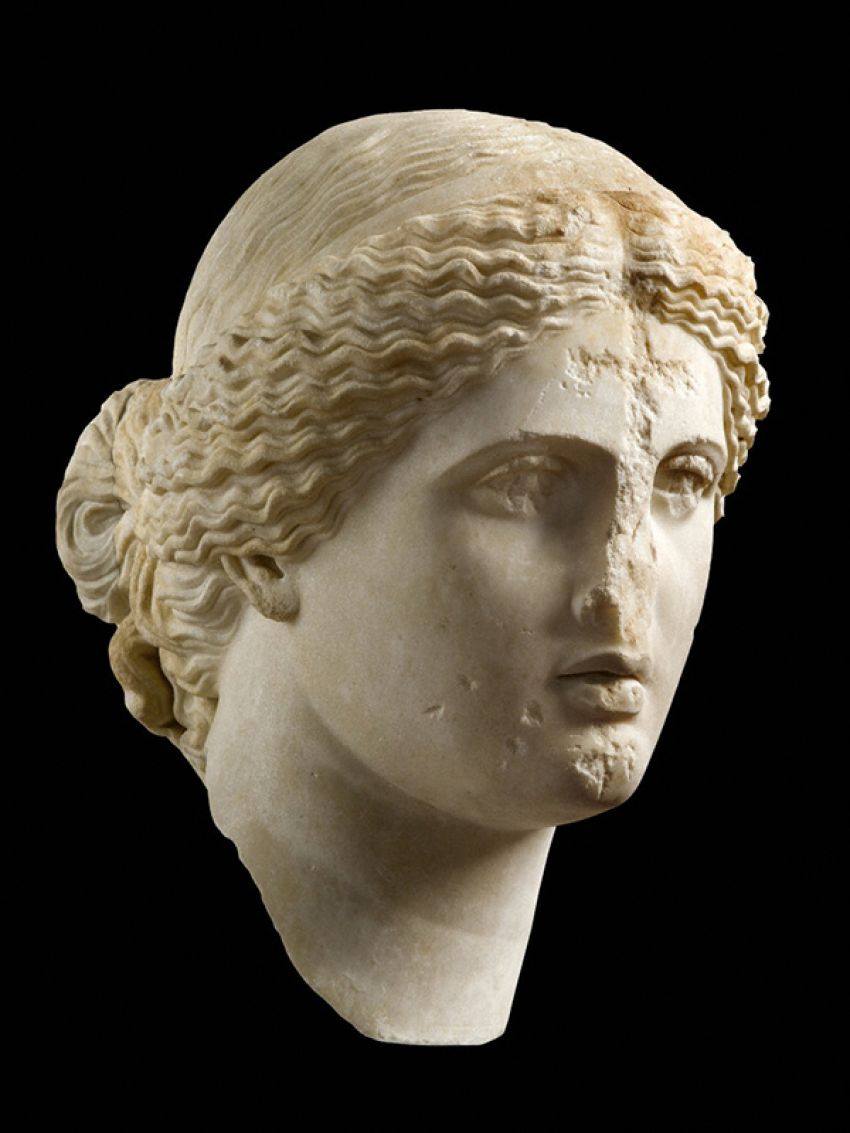
The Darkening Age
By Catherine Nixey
Pan Macmillan, 2018
352 pp, $32.99
Do you remember the horror in 2015 when ISIS seized the ancient city of Palmyra in Syria, killed archaeologist Khaled al-Asaad who had protected its monuments and attacked the 12-metre-high statue of Athena?
It wasn’t the first time that statue was attacked by religious fanatics. As Catherine Nixey records, in the 4th Century, Christian zealots attacked Palmyra and pulled the statue down. It lay in ruins until Muslim experts put it back together.
The fundamentalists were formed from Christian monks living in the desert. In the modern Christian telling, those “desert Fathers” were the originators of the peaceful and learned monastic tradition. Nixey depicts them as smelly, bearded illiterates, swarming to invade centres of civilisation, terrorise the inhabitants and force conversions.
Have you ever wondered why most ancient Greek and Roman statues have their noses missing or eyes gouged out? The early Christian Church did it all.
Starting from the time that Christianity became the Roman state religion, Church leaders began imposing their view of religion on the surrounding society. The official Church worldview was bleak, freaked out by demons and obsessed with sexuality.
Nixey quotes the early Church fathers — Augustine, Simon Martyr and many others — whipping their congregations into a fury against the supposedly sexually degenerate art and writings around them. Up in flames went the ancient libraries and put to the sword were any who tried to harbour banned literature.
Nixey says an estimated 98% of ancient literature was destroyed. Poetry, novels, philosophy and scientific literature were obliterated. The Church celebrated ignorance and illiteracy as it sought to totally extinguish Roman sexual mores.
This destruction is the reason why, during the Dark Ages, Europeans could not repair the Roman aqueducts and other engineering works surrounding them. The technical manuals had been destroyed.
It was not until the buried city of Pompeii was excavated that the fullness of Roman life was revealed. To say the Romans were sexually frank is quite an understatement.
The early discoveries scandalised European society. In fact, the most sexually explicit artefacts were sealed into the so-called Secret Cabinet of the King of Naples. Women were only allowed to see these lewd objects in recent years, and children are still excluded.
As Nixey explains, what was discovered in Pompeii was that, for the Romans, erect phalluses, vaginas and all kinds of sexuality were part of public life. Statues of gods with mighty penises adorned street corners, the front doors of brothels advertised frank depictions of what went on inside and private homes were festooned with depictions of all kinds of frolicking.
In the change rooms of the public bath houses, the walls were covered in depictions of every conceivable combination of group sex.
It is astonishing to realise the extent of the sexual repression that has lasted to this day.
Nixey’s book is written in a breezy style that belies its intellectual rigour. She is not guilty of shallow research. It would be very readable on a long plane flight or over the Christmas break.
However, Nixey makes no effort to deal with the reasons for the degeneration of the Roman Empire, of which the rise of Christianity was a symptom. For that, readers should seek out Karl Kautsky’s Foundations of Christianity, which is available for free on the Marxist Internet Archive.